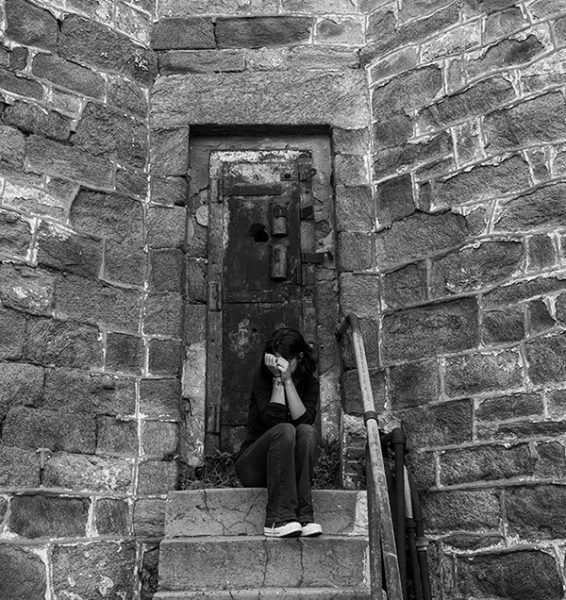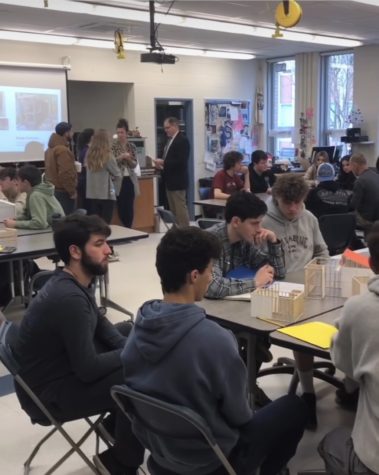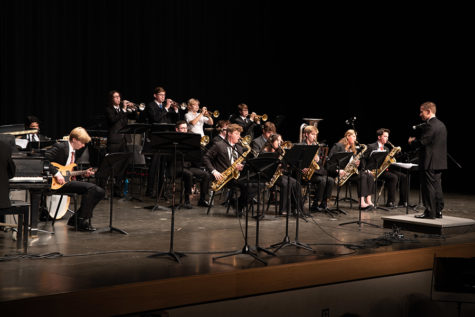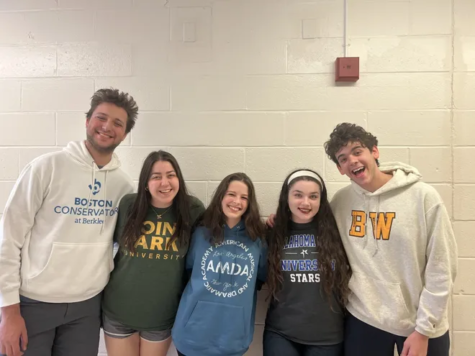The “Free” Press
December 1, 2021
“Every single thing that any real American should care about is the Freedom of the Press. Without that there’s nothing – literally nothing – worth fighting for. I mean, we can start a class, we can study this for semesters. It’s everything that should be every focus. It’s the flag, it’s the focus, it’s the reason for every other amendment. Without it, we have nothing.” – Timothy Moran
It’s in the First Amendment, and most Americans, Mr. Moran included, would agree that it’s the most important one. I am a proud American, born and raised in the fifty nifty United States. This is a right intrinsically guaranteed to me, bestowed upon me by the blood of my mother’s womb, and still, the Supreme Court restricts it.
In the first amendment, our third guaranteed right is to a free press. If a government or a person in power can manipulate what the press says, it is only a short matter of time before a country descends into a total dystopia. American society is only a few breaths away from this point.
Our government is one that is owned by corporations, masquerading as one owned by the people’s wills. Why else would they protect polluters? Why else would they massacre our rainforests? Why would they let our home burn if they weren’t getting home insurance from it?
Our politicians are not the only ones owned by the rich. Our news is too. Six corporations and fifteen billionaires own pretty much every source of news in America. The corporations are AT&T, Comcast, The Walt Disney Company, National Amusements, News Corp and Fox Corporation. The most famous of the billionaires is Jeff Bezos, owner of Amazon and the Washington Post, but Warren Buffett has also been known to own a few, as has the infamous Cox family.
Even the “free” press is not really free. Local television news broadcasting, once thought to be the voice of local people, is frequently bought up by larger corporations. Sinclair Broadcasting, the largest, reaches 71.5% of the population, meaning that 71.5% of the population receives news filtered through their glass color, which may be tinted to paint them favorably.
Student newspaper is the last of the free press because it cannot be owned. No billionaire can buy my words because I have put them here, beyond their reaches, in the public school system.
In the 1988 case of Hazelwood School District v. Kuhlmeier, the Supreme Court of the United States (SCOTUS) ruled that school districts could restrict what was published in school newspapers after students wrote about poignant topics such as teen pregnancy and the effects of divorce on young people, both of which are persistent problems within adolescents. SCOTUS ruled in the District’s favor because the newspaper was school-sponsored. Therefore, inappropriate articles may reflect the school’s image.
What then, I ask, does secrecy do? How does keeping our real problems hush help those in need? By protecting our children from “inappropriate topics”, we shelter them, and endanger them further.
The press can protect and attack. It can offend or defend. It can oppress or liberate. Even though its actions come with consequences, it is still essential that the press is given this power of independent thought without the red or blue lenses of corporations and districts to police them. Without it, we are a nation without roots. We have no pride, we have no national anthem, we have no flag. Without a free press, we are truly nothing.







